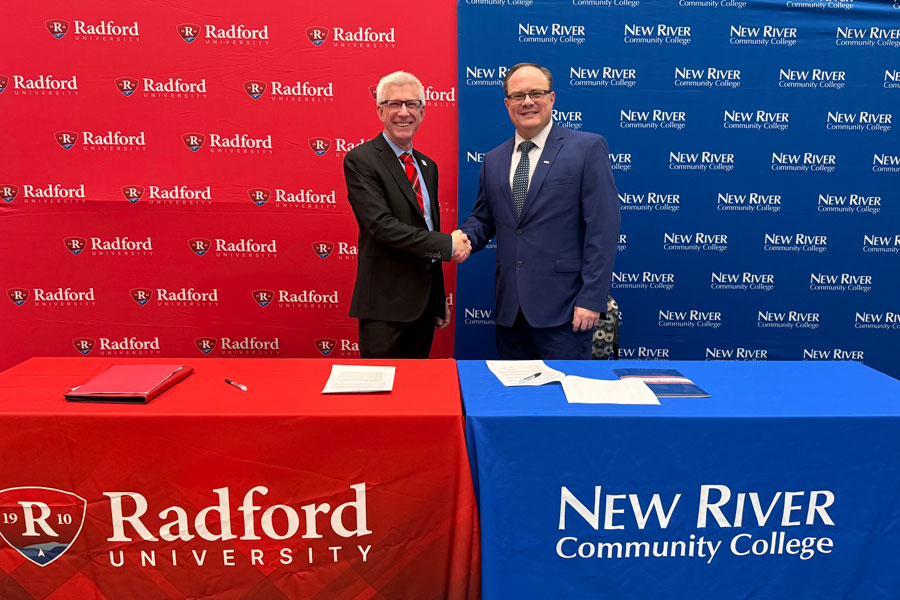Radford University
Radford News
Latest News
-
Budding sportswriter already has substantial experience covering collegiate sports for a variety of media outlets.
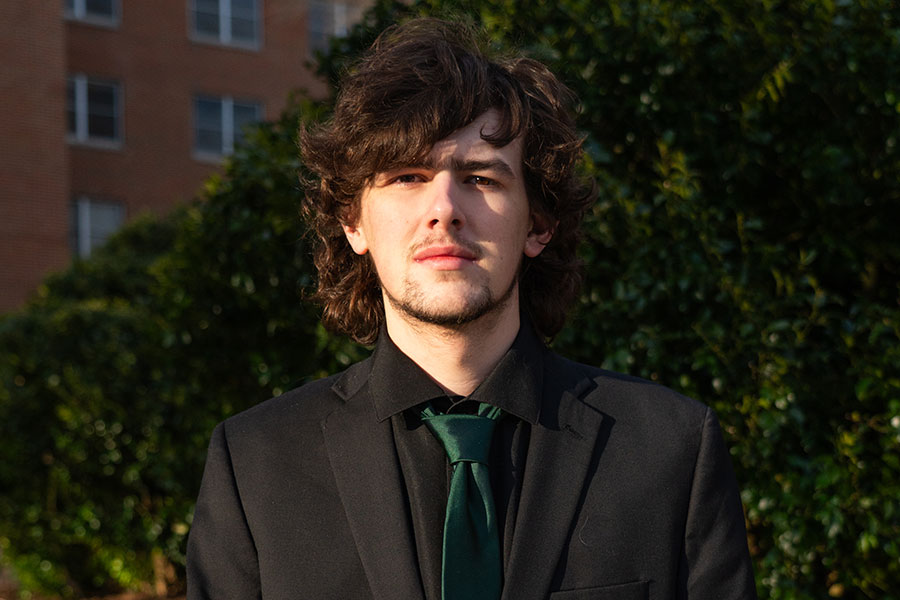
-
Criminal justice student researches police retention
January 16, 2026
“Radford is a fantastic school to do research,” Gary said. “There are so many opportunities here, and you feel very, very, very supported.”
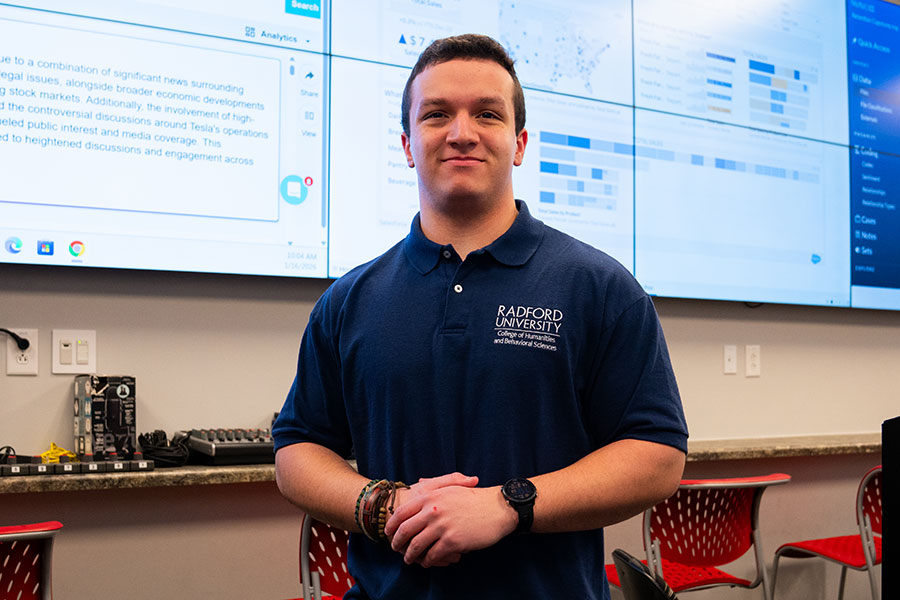
-
Highlander Highlights: Week of Jan. 12, 2026
January 16, 2026
Highlander Highlights shares with readers some of the extraordinary research and accomplishments happening on and off campus through the tireless work and curiosity of our students, staff and faculty.
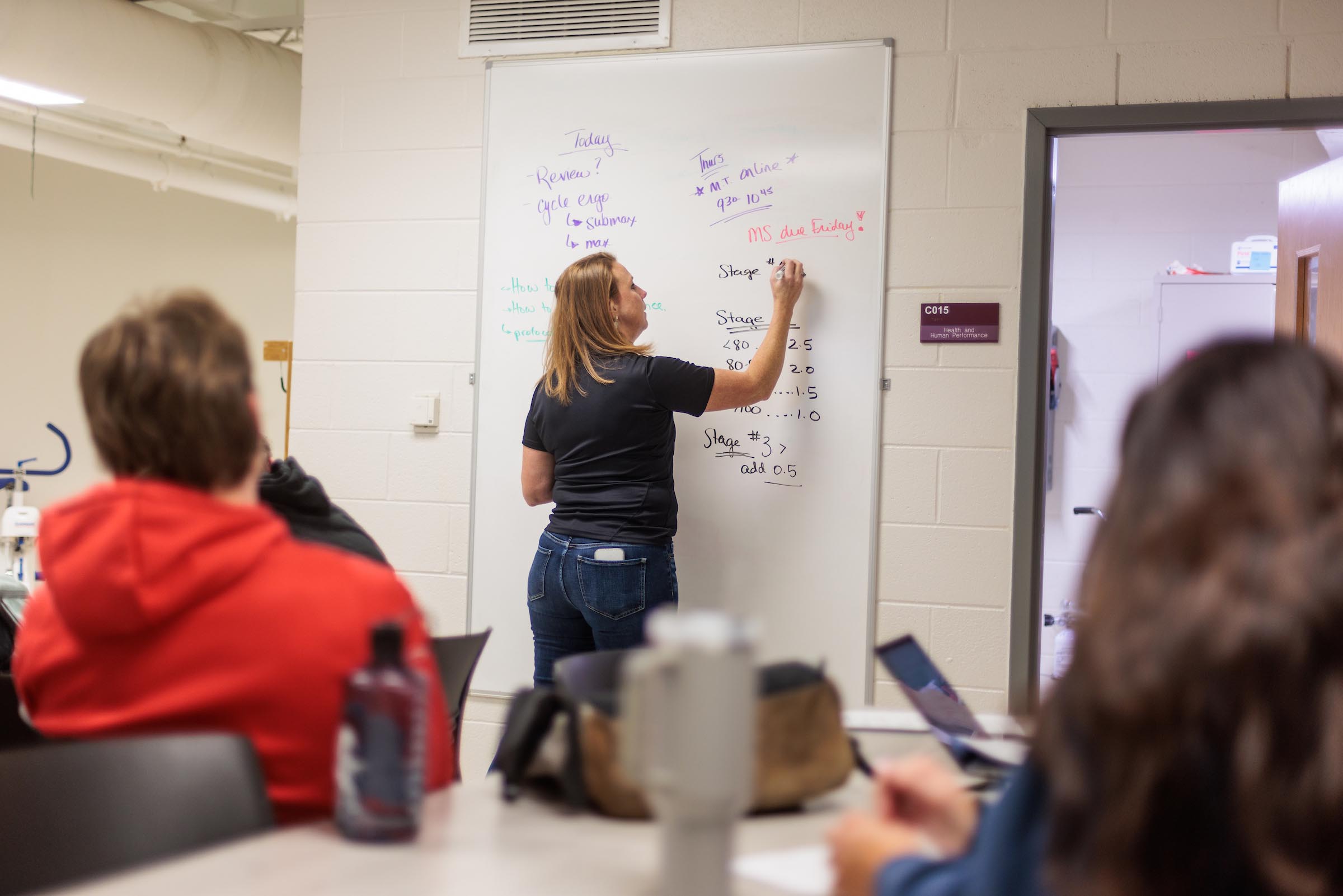
-
Geospatial science major finds her place through Honors College, research and internships
January 15, 2026
Kayla Fields is gaining hands-on research experience examining water quality in the Chesapeake Bay.
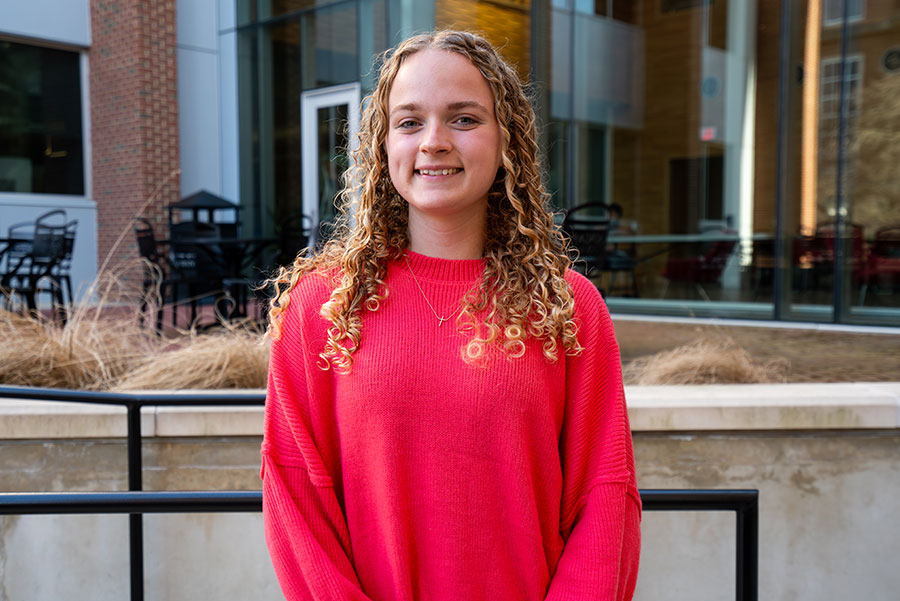
-
Highlanders in the News: Week of Jan. 5, 2026
January 9, 2026
Six Highlanders are ranked among The Roanoker magazine’s latest “40 Under 40” listings; sportswriting sophomore Josh Poslusny is all about the bylines; Tanisha Nash ’02, M.S.W. ’07, answers 10 questions from The Roanoke Tribune; and Andrew Reedy ’13 is one of Salem’s top teachers.
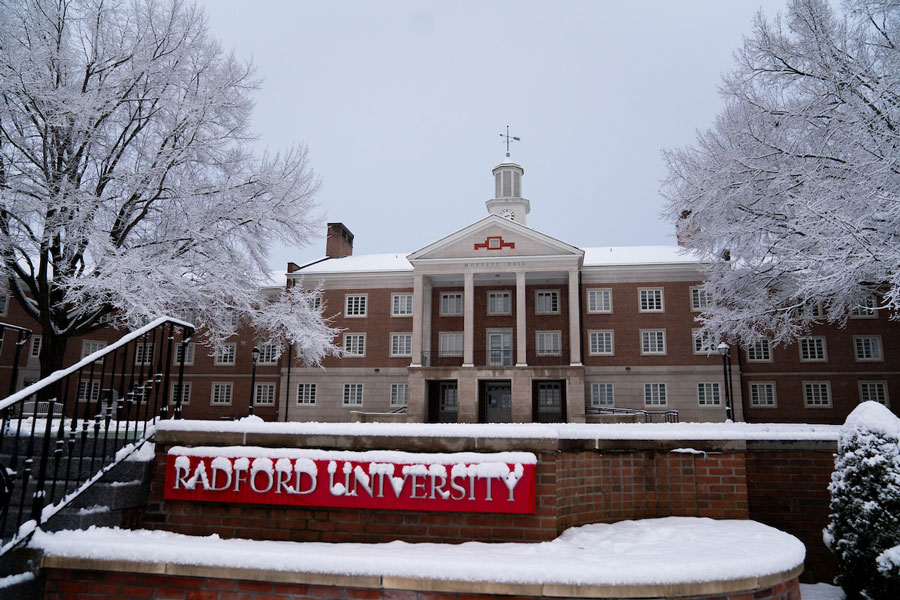
-
Jeffery Aspelmeier selected to lead Radford University’s College of Humanities and Behavioral Sciences as dean
December 21, 2025
Radford University has selected Jeffery Aspelmeier, Ph.D., to serve as dean of the College of Humanities and Behavioral Sciences (CHBS), following a national search conducted during the fall 2025 semester.

-
George Zama ’25 reflects on Radford, resilience and giving back
December 18, 2025
George Zama ’25 has always believed that success means little unless it elevates others.

-
Radford University, NRCC announce shared student advisor position to improve transfer student success through Tartan Transfer
December 18, 2025
New River Community College (NRCC) and Radford University have announced a new collaboration: a shared student advisor position designed to strengthen transfer pathways and improve student success.
